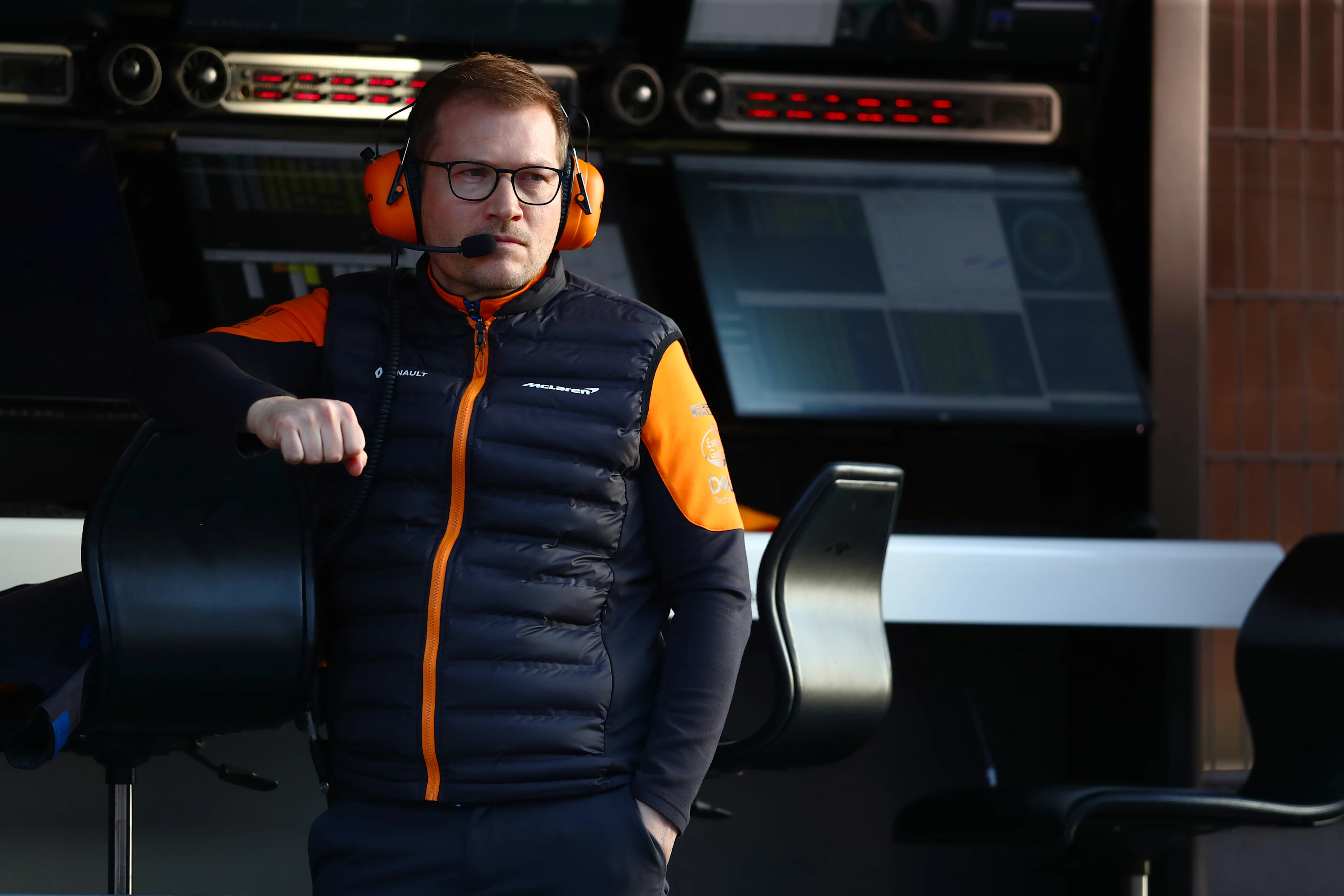McLaren were front and centre in global news headlines when they reported the first positive coronavirus test in Formula 1 back in March. The British team immediately pulled out of the Australian Grand Prix, which was subsequently cancelled. Since then, a lot has changed…
All team members who were quarantined have now been given a clear bill of health, but the coronavirus retains a vice-like grip on the world, leading to an earlier and extended team factory shutdown, half the grid placing at least some of their staff on an extended leave of absence, and a series of race postponements and cancellations.
Explained: What does an early F1 factory shutdown mean for the teams?
So how are McLaren coping with the current crisis? On Wednesday, Team Principal Andreas Seidl gave a wide-ranging interview, discussing the team’s current situation, the impact of the virus on the calendar and why his team are keen to see the budget cap reduced.
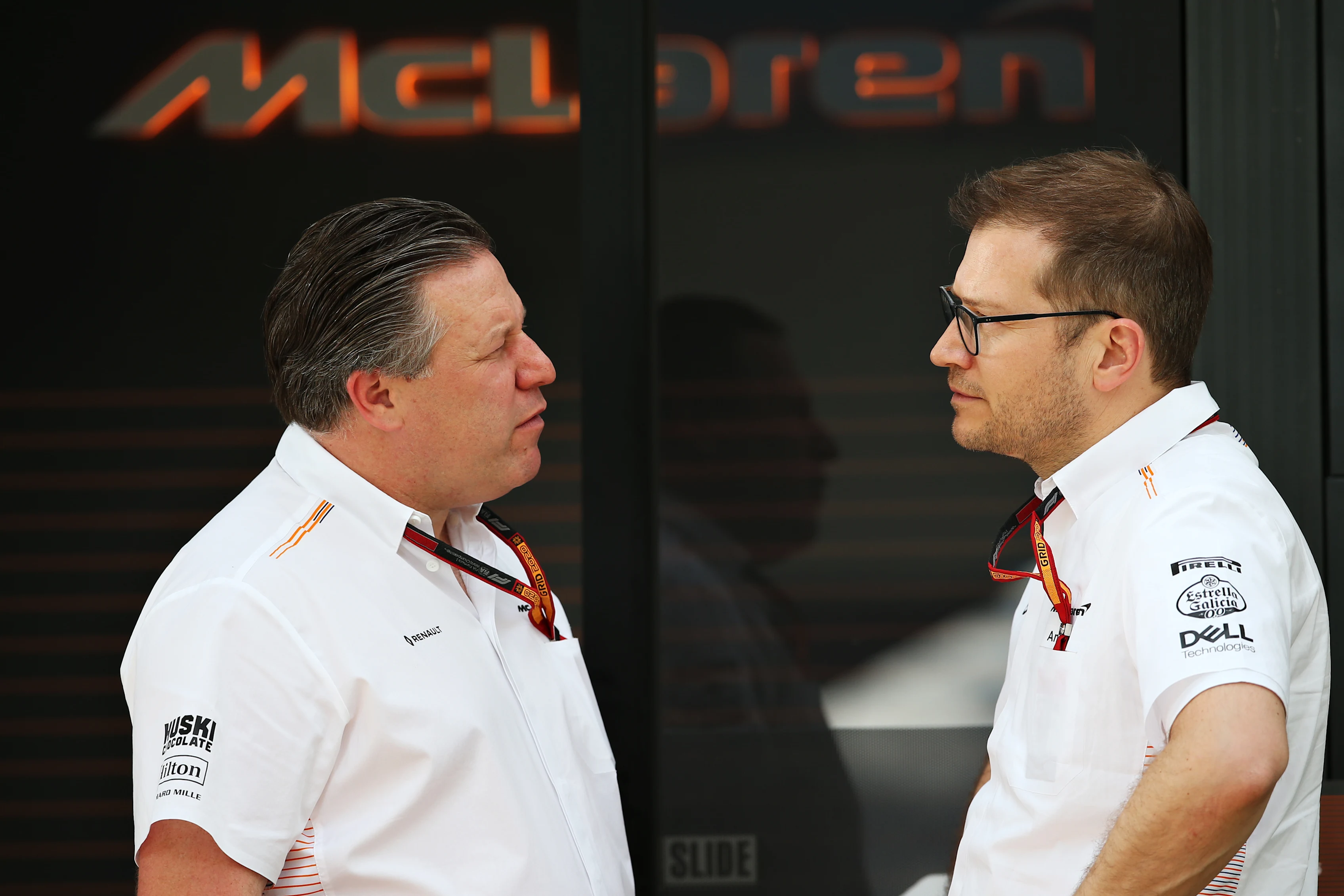
Pandemic forced one of Seidl's "toughest" decisions
McLaren were the first team to reveal they had put some of their staff on furlough, with senior management and the drivers among those taking a pay cut. Racing Point, Williams, Renault and Haas subsequently followed suit. The move was designed to protect jobs and the health of the business in the short term – and it was not a decision McLaren CEO Zak Brown or Seidl took lightly.
READ MORE: Lando Norris and Carlos Sainz take pay cut as McLaren put some staff on furlough
“There’s a reason why we made this decision,” says Seidl. “It’s simply impossible to know exactly what the financial impact of this crisis will be. We know that we are not going racing at the moment, we know we will miss income this year.
“This is why we had to put different measures in place to make sure we are protecting our people and protecting the team to be in a position that once this crisis is over to restart again in the best possible shape.
“One of these measures was putting people on furlough which was obviously one of the most difficult decisions I have had to do in my working life - telling our people to be on furlough and also take pay cuts. But we were clear, together with Zak, that it was a decision we had to make to make sure we protect the team as good as possible.”
The important thing at the moment is to get through this crisis, survive it as a team, as Formula 1
McLaren’s recovery programme has been delayed
Last year was McLaren’s best in seven years, the British team finishing fourth in the constructors’ championship with their first podium – courtesy of Carlos Sainz – since the season-opening 2014 Australian Grand Prix. The momentum was with them and came after Brown and Seidl had put a new leadership structure in place and reshuffled the organisation and infrastructure.
WATCH: The inside line from McLaren's 2020 car launch
Hopes were high that in 2020 they could kick on from their position as head of the midfield after a decent showing in testing, but then the coronavirus halted that momentum. And Seidl concedes it will have an impact on their recovery programme, as they bid to become a title-contending team once more.
“The important thing at the moment is to get through this crisis, survive it as a team, as Formula 1, and then we have a clear plan in place of what we have to do in the next months and years in order to move up the grid again,” says Seidl. “It’s clear with the shift of regulations for one year, and this long shutdown now, it will cause some delays in our recovery programme, but it’s too early to say what the consequences will be in detail.”
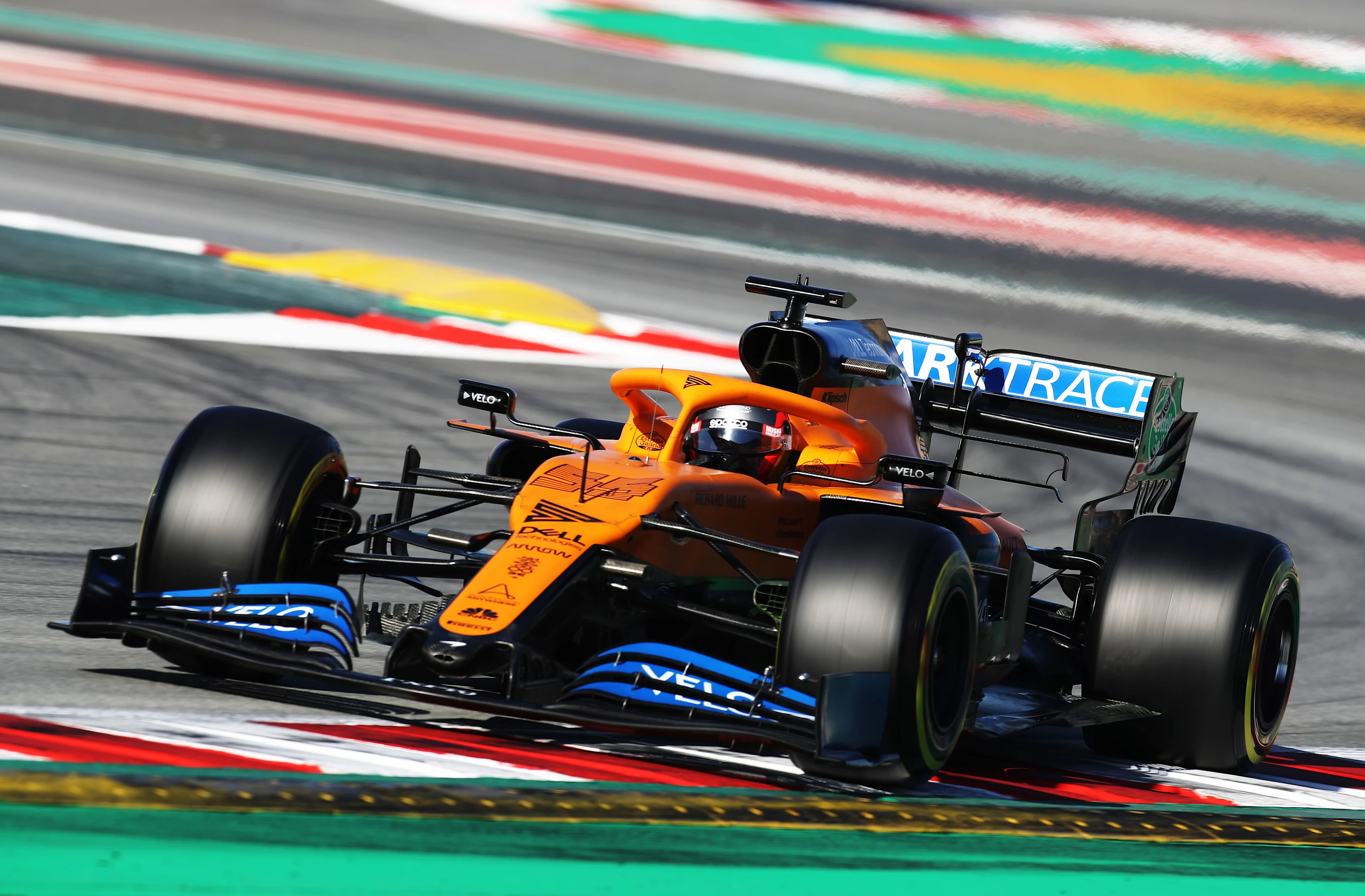
The virus crisis is a “wake-up call” for F1
Earlier this month, F1 motorsports boss Ross Brawn said that while times were tough currently, he hoped F1 could emerge from the coronavirus crisis on a stronger and more sustainable footing when racing gets going again. As part of that, he hoped teams could come to an agreement to reduce the budget cap.
Initially set at $175m, teams have recently already agreed to reduce that to $150m. But there are calls from some for the number to come down further given the huge negative impact the current crisis is having on a Formula 1 team’s finances. McLaren have pitched a figure of £100m. Ferrari have said that any further discussions would need to take into account the different structures of teams.
“The crisis we’re in now is the final wake-up call that a sport which was unhealthy before and not sustainable has now reached a point where we need big changes and drastic changes as well,” says Seidl. “For us the most important thing is we simply make the next big step on the budget cap.
“We think it’s absolutely important now with all the financial losses we will face this year - the magnitude of it still being unknown because so far we don’t actually know when we can go back racing - I think it’s important to first of all combine with all the other measures like freezing the cars (carrying 2020 chassis into 2021) and so on to survive this year.
The biggest risk is we lose teams if we don’t take decisive action
“It’s also important for our shareholders to show them that the losses you make this year we can somehow compensate them over the next few years. [FIA President] Jean Todt is having - together with Chase [Carey, F1 boss] - a lot of meetings individually with the teams which are there to make decisions, big decisions, in order to protect the teaming also the future of F1. I would say we’re very happy with what we’re seeing there.
“Of course we would like to see the budget cap as low as possible, we have put out also the number of $100m which is something we would be in favour of. At the same time we understand that obviously it’s a discussion that involves a lot of different parties and a lot of different teams with different sizes at the moment.
“The biggest risk is we lose teams if we don’t take decisive action.”
The teams will meet via conference call on Thursday to continue their discussions.
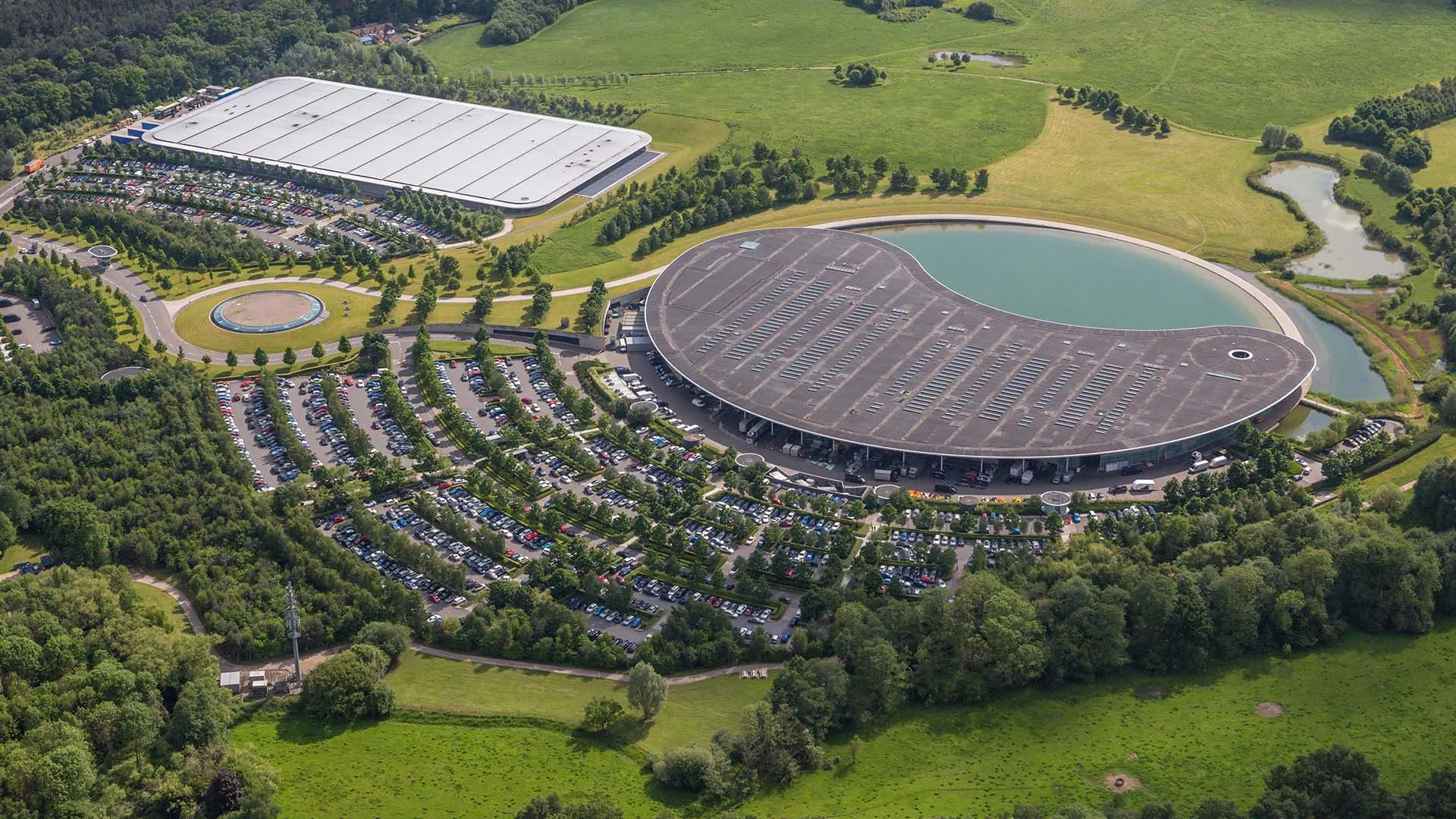
"We can only go back to racing once we have certainty"
When can we go racing again? Well that’s the million dollar question. The truth is, as of this moment, no one really knows. In some countries, restrictions are being relaxed as governments feel they are getting on top of the outbreak. Others remain in lockdown with the death toll continuing to rise.
READ MORE - Brawn: 2020 F1 season likely to start in Europe, could be behind closed doors
A plethora of options are being evaluated, including holding races behind closed doors without fans, but we are not currently at the point where firm decisions can be made.
“It’s a very difficult topic and it will be depending on a lot of different aspects,” says Seidl. “The most important thing is to protect our people, so we definitely can’t go back to racing until we definitely know that our people are safe.
“Then I think it will simply depend on the guidelines of our home counties first of all - travel guidelines, the guidelines we get for our daily life - because we need to see if that allows us to travel out and back into our home countries.
What is an important point is the public acceptance of events happening again
“Then we have to simply wait what the different countries are deciding, whether races can happen. Then we need to see what the promoters are deciding, because especially with changes of dates for a lot of races, the promoters need to be up for it and it needs to make sense from a commercial point of view for the promoters and Formula 1.
“Also what is an important point is the public acceptance of events happening again because it’s important that we only go back to go racing once we have certainty when it comes down to protective equipment, to the number of tests for people, that this is all in place and available to people that actually need it and that we are not the ones burning these tests or this material just to go back racing.
“There’s a big desire from people - from the public, from the fans - that especially in these lockdown situations we are all in at the moment that sporting events are happening again, even if it’s just on TV. But again there are a lot of different aspects that need to be considered.”
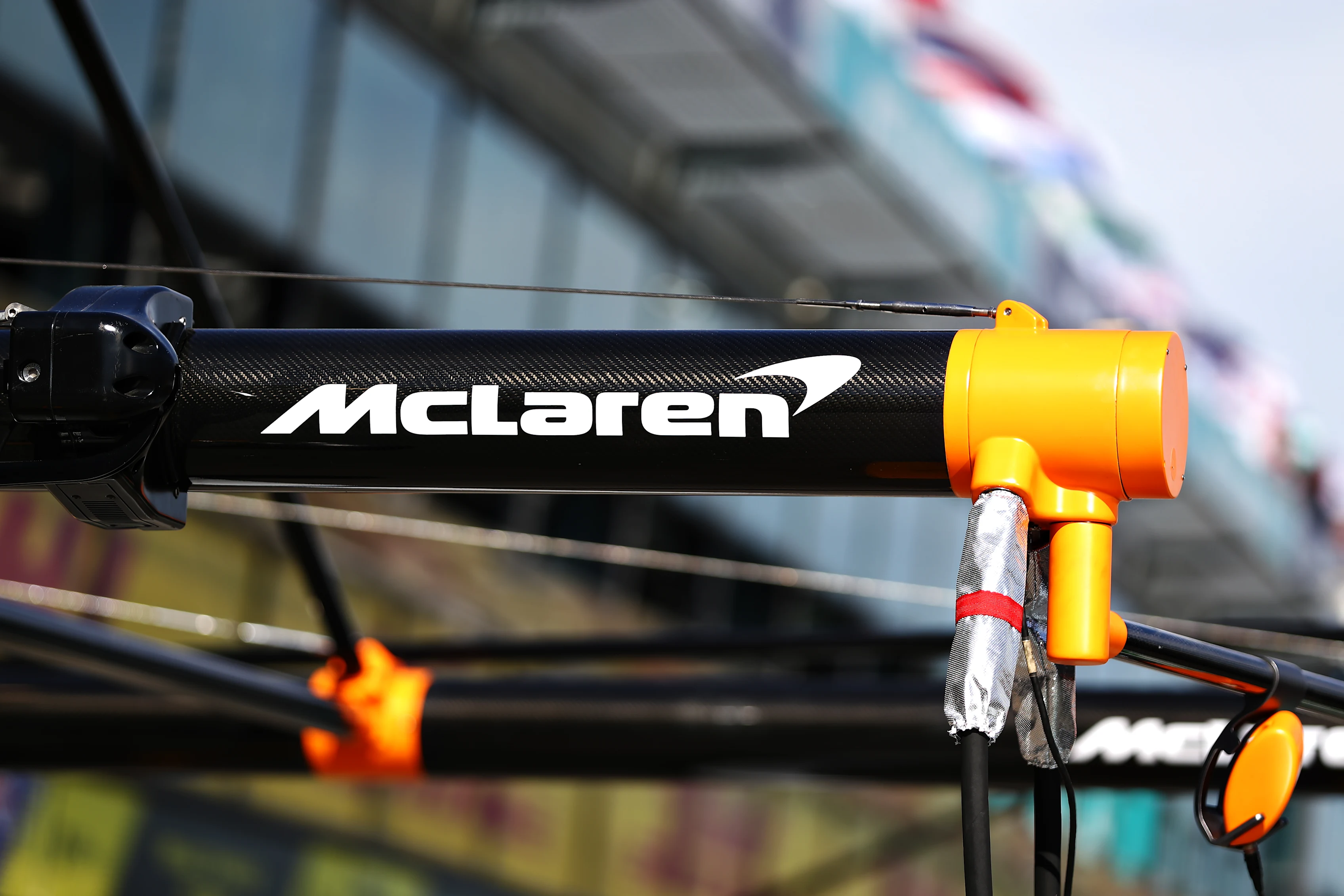
Two-day race weekends "make sense"
When we can go back racing, there is a desire to reschedule postponed Grands Prix with a target of 19 in total if racing can get under way in July. This will inevitably mean a series of triple headers – three successive weekends of racing – which will put a strain on the personnel.
There is a desire from the teams to make a revised calendar work for the good of the sport and the short term health of the grid, but looking after the health of their staff remains a sharp focus.
“If we end up in a very tight schedule with three or four races per month it will obviously be a challenge especially for our people,” says Seidl. “It definitely makes sense to think about reducing the load on our people so I think it makes sense to discuss going for two-day events simply to allow more rest between events for our people.
“If we can help that by having two-day events or by skipping one test for example next year, in addition to the cost savings that would come from that I think it is definitely something that we need to look into.
“In terms of the commitment from our people I am confident everyone understands the difficult situation we are in and the crisis we are in and I think it will simply be something where everyone will be committed to and will fight it through."
Next Up
Related Articles
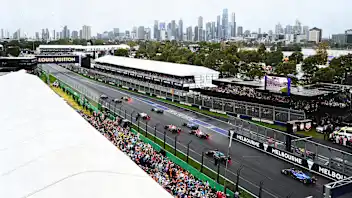 5 storylines we're excited about ahead of the Australian GP
5 storylines we're excited about ahead of the Australian GP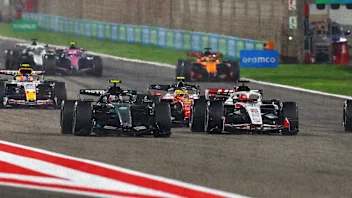 5 key questions ahead of the start of the 2026 season
5 key questions ahead of the start of the 2026 season.webp) ExclusiveDoohan on signing for Haas, his Alpine stint and what’s next
ExclusiveDoohan on signing for Haas, his Alpine stint and what’s next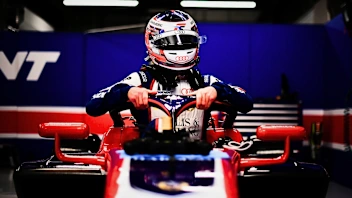 Unlocked5 of the best young drivers waiting for an F1 chance
Unlocked5 of the best young drivers waiting for an F1 chance 5 standout moments in Season 8 of Drive to Survive
5 standout moments in Season 8 of Drive to Survive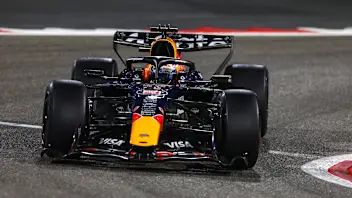 BettingCommon F1 betting and gambling myths debunked
BettingCommon F1 betting and gambling myths debunked
